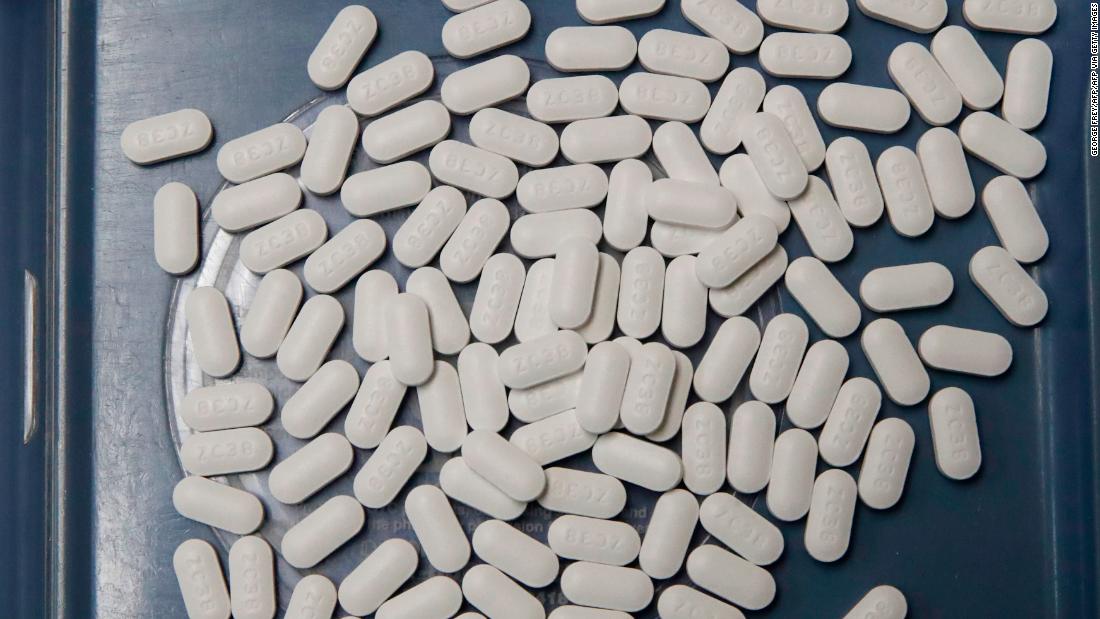
Scientists at the University of Minnesota launched the trial on March 22 to see if the drug could lessen the severity of symptoms and prevent hospitalization. Previous randomized clinical trials in the United States had considered hydroxychloroquine as a prevention or treatment for hospitalized patients with coronavirus.
It was tested on 491 adults in the United States and Canada. Half of the patients received five days of hydroxychloroquine treatment and half of the patients received five days of a placebo. Adults enrolled within the first four days of reporting symptoms, and 56% enrolled in the trial on the first day they reported any symptoms. Doctors monitored the symptoms for two weeks.
At the end of two weeks, the study found that there was no advantage in taking the drug. About 24% of the hydroxychloroquine group had symptoms that persisted for 14 days, compared to 30% who took the placebo. But hospitalizations were almost the same: 2% of those in the hydroxychloroquine group were hospitalized, compared to 3% who took the placebo. The mortality rate was identical for both groups, at 0.4%.
And, 43% of those who took hydroxychloroquine had side effects, compared to 22% who took a placebo. Gastrointestinal symptoms were the most commonly reported side effect.
The study also found that no benefits were seen among people who took zinc or vitamin C along with placebo or hydroxychloroquine.
The first randomized trial by researchers at the University of Minnesota, published in the New England Journal of Medicine in June, looked at the drug as a possible post-exposure prophylaxis for adults who had recently been exposed to someone who had Covid-19. The study showed that hydroxychloroquine does not prevent the disease.
Overall, there is no compelling evidence that hydroxychloroquine can prevent COVID-19 after exposure or reduce the severity of the disease after developing early symptoms, “study author Dr. Caleb Skipper said in a statement. of press. “While disappointing, these results are consistent with an emerging literature that hydroxychloroquine does not convey substantial clinical benefit in people diagnosed with COVID-19, despite its activity against the coronavirus in a test tube.”
A separate study also published on Thursday of 293 Covid-19 patients in Barcelona found similar results: Hydroxychloroquine did not benefit non-hospitalized patients with mild Covid-19.
President Donald Trump has repeatedly chanted praise for the drug and called hydroxychloroquine a “game changer” for treating patients with Covid-19. He even said he took it himself to prevent infection.
Studies found that prescriptions for hydroxychloroquine and a related drug, chloroquine, skyrocketed in the United States from February to March.
But several studies have found no benefit in treating patients with Covid-19 with the antimalarial drug. At least one study showed that the drug was linked to heart problems.
The US Food and Drug Administration revoked its emergency use authorization for both hydroxychloroquine and chloroquine for the treatment of Covid-19 on June 15, saying the medications are unlikely to be effective in treat the virus based on the latest scientific evidence. The US stockpile kept 63 million doses of hydroxychloroquine.
The National Institutes of Health announced last month that they would suspend their clinical trial of hydroxychloroquine for patients with coronavirus. Medical groups advised doctors to stop using it as part of a treatment for patients with Covid-19.
A study published this month by researchers at the Henry Ford Health System in Southeast Michigan found that hydroxychloroquine increases the chances of survival for hospitalized patients. However, researchers who were not involved in the study criticized it, saying it was not of the same quality as previous studies that showed that hydroxychloroquine did not help patients.
.
Related
